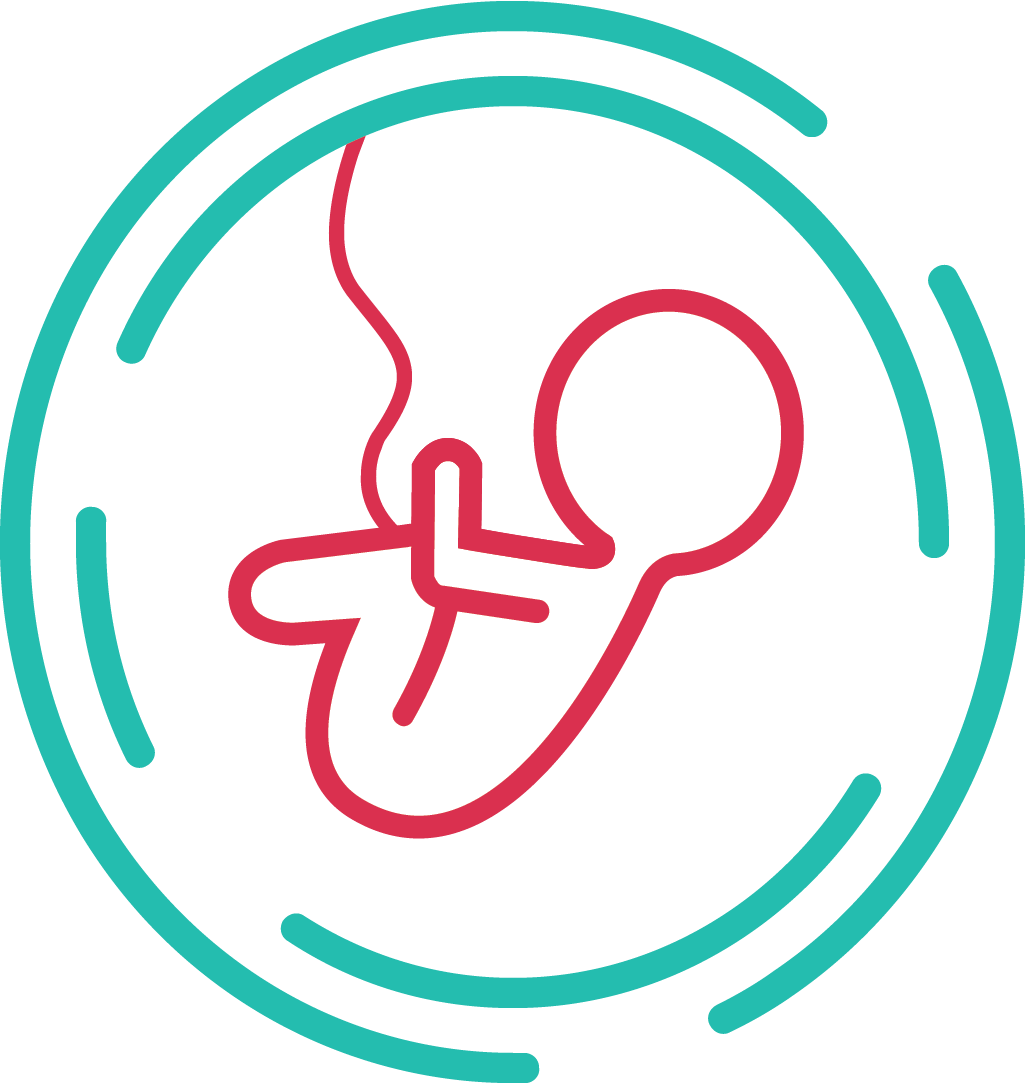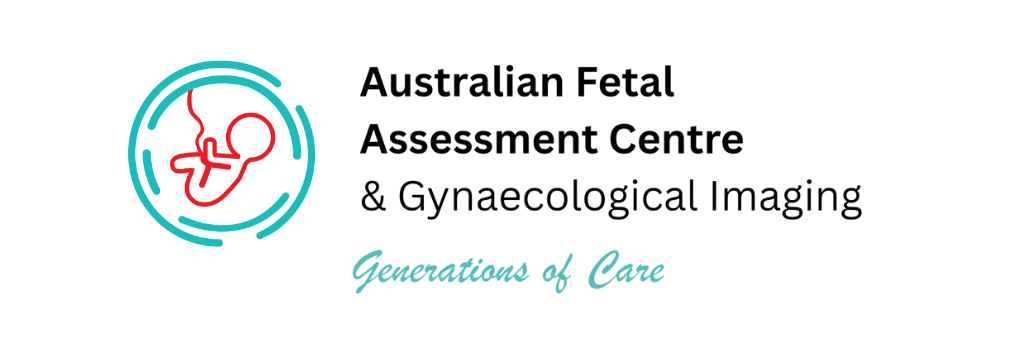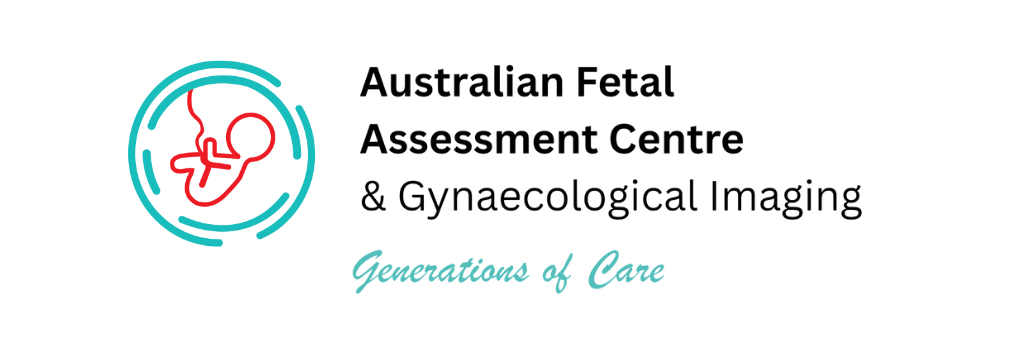Nuchal Scan
Nuchal Scan is an ultrasound examination, usually carried out between
11 - 13 weeks and 6 days of pregnancy.
The scan is usually performed transabdominally but in a few cases it may be necessary to do the examination transvaginally.
Aims of the Nuchal Scan:
To Date the Pregnancy
This is especially important for women who are unsure of the date of their last period, have irregular menstrual cycle, or became pregnant while breastfeeding or shortly after stopping birth control pills. We measure the size of the fetus, which allows us to estimate the expected due date.
To Diagnose Multiple Pregnancies
Multiple pregnancies occur in about 2% of natural conceptions and 10% of assisted conceptions. An ultrasound scan can confirm whether both babies are developing normally and identify if they share a placenta -a condition that can lead to complication. In such cases, closer monitoring of the pregnancy is recommended.
To Assess for Fetal Abnormalities
Some significant abnormalities may be detectable at this stage of pregnancy. However, a detailed
morphology scan at 20 weeks is still necessary for a comprehensive evaluation.
Assessing the Risk of Chromosomal Abnormalities
(e.g. Trisomy 21 / Down Syndrome)
Each woman will receive an individualized risk estimate for her current pregnancy. The risk assessment is based on several factors, including:
- Age of the mother;
- Measurement of two hormones in the mother's blood:
- PAPP-A (Pregnancy-Associated Plasma Protein-A)
- β-hCG (Beta Human Chorionic Gonadotropin)
- Ultrasound findings, including:
- Nuchal translucency (NT) thickness
- Presence of the nasal bone
- Blood flow through the fetal heart and ductur venosus
- Any observable fetal abnormalities
Parents will be provided with compregensive counseling regarding the significance of these risks and the available options for further investigation, if necessary. These options may include
Non-Invasive Prenatal Testing (NIPT) or invasive tests such as
Chorionic Villus Sampling (CVS) or
Amniocentesis.
Blood Test:
Your referring doctor will provide you with a request form for a blood test.
We recommend having the blood drawn 4-5 days before your ultrasound scan so that the results are available for our clinicians,
allowing us to provide you with a complete First Trimester Risk Assessment on the day of your scan.
Moderately Full Bladder:
For the best possible images, it is helpful to have a moderately full bladder. This helps lift the uterus above the pelvic bone. About an hour before your appointment, please empty your bladder and drink two standard glasses of water. Do not go to the toilet again until after your scan. We don’t require your bladder to be uncomfortably full, so please inform our reception staff if you are uncomfortable while waiting.
Family Member:
You are welcome to have your partner/family member join you for the scan. It is important to remember that this is a diagnostic procedure and the sonographer will need to concentrate on the images of your baby.


